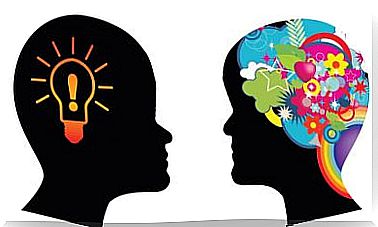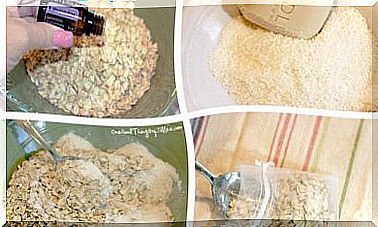How To Take Care Of Your Kidneys And Bladder
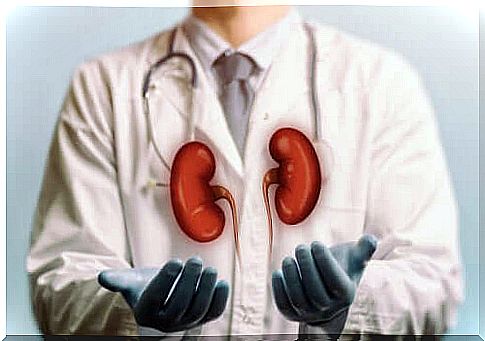
Taking care of the kidneys and bladder is essential for our body’s health. They are not only part of the urinary system, but also part of the lymphatic system. Therefore, they work in conjunction with the liver to eliminate toxins from the body and eliminate waste products found in cells, although they also fulfill many other functions.
In the popular sphere, when we talk about toxins, we are referring to one of the causes of various health problems. In fact, the bloodstream can be invaded by food toxins, pesticides, elements of environmental pollution and even stress itself, and this influences our health status and quality of life.
Since the kidneys and liver are essential for getting rid of toxins and other impurities, they need to be taken care of daily so that they are not overloaded and can perform their functions. On the other hand, you must also take care of your bladder. Ultimately, this is where the urine that will have to be expelled is stored.
We will see more details below.
Most common kidney and urinary problems
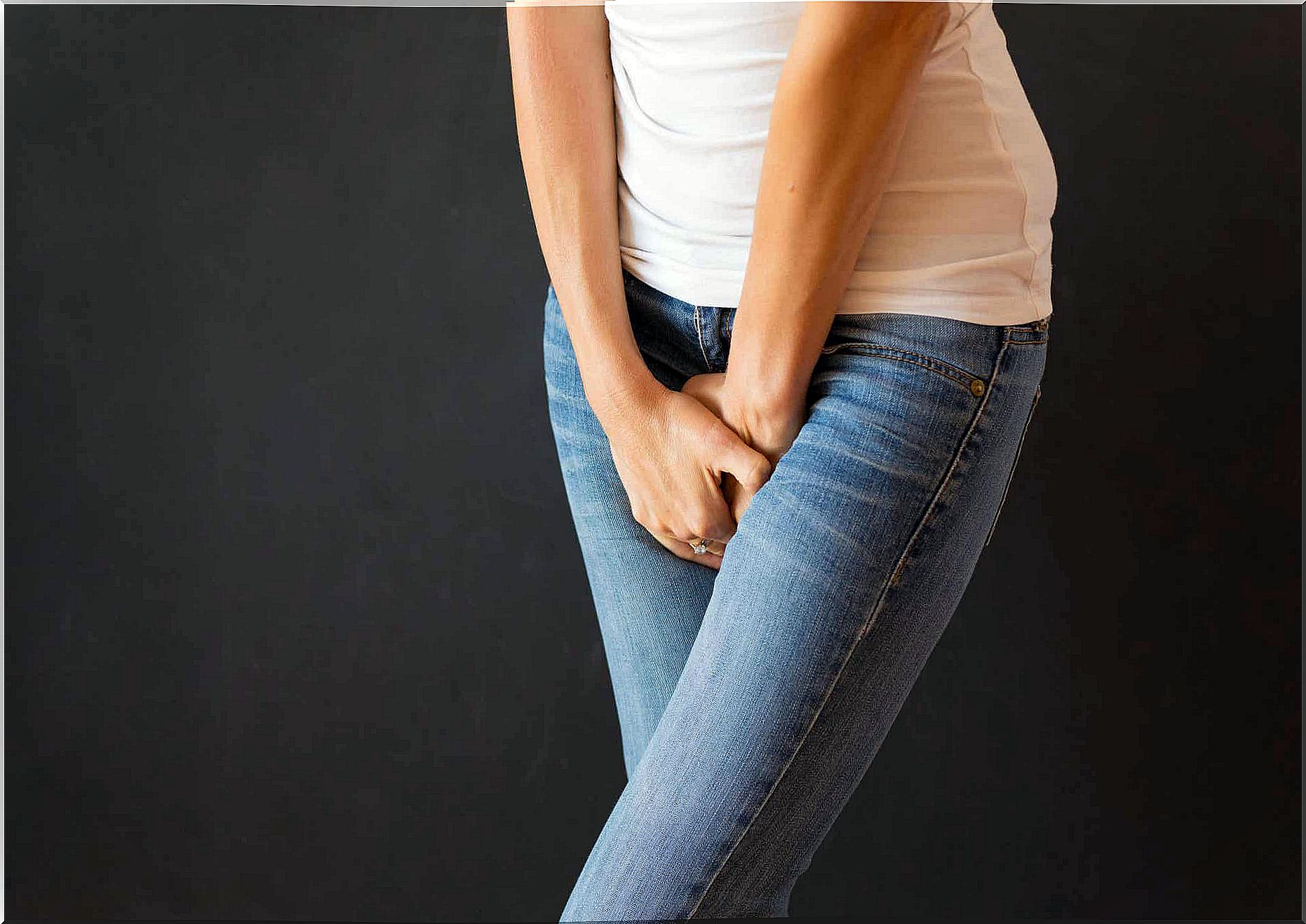
The most common kidney and urinary problems are:
- Infections
- Blockage in the urethra.
- Difficulty filtering the blood.
- Bladder control problems: incontinence or retention deficits.
- Changes in the wall of the bladder (it can no longer retain as much urine as before).
Each of these problems has different health consequences and requires early diagnosis and treatment to prevent the patient’s situation from getting worse and more complicated to treat.
When to see a doctor?
In addition to having one or two annual exams to check that everything is in order and promptly treating whatever is necessary, it will be essential to go to the doctor if you notice the following discomforts, especially if over time they intensify and manifest themselves together with others.
- Pain when urinating.
- Pain in the lower back.
- Acute retention of urine.
- Involuntary loss of urine.
- Hematuria (blood in urine).
- Continuous urge to urinate.
- Fever, chills, vomiting and extreme tiredness.
Once your doctor has evaluated you and made the diagnosis, it will be critical to follow his instructions for recovery. Likewise, it will be essential to maintain good lifestyle habits. This includes avoiding self-medication.
Kidney and Bladder Care Guidelines
Taking good care of your diet is essential to keeping your kidneys and bladder in good condition. Therefore, we should not ignore this aspect in case there is any problem in the renal system.
Below, we’ll share some guidelines that you can include in your routine, as long as your doctor authorizes you. Remember that not all people are the same, and what may benefit some may not work for others.
If you have any questions, consult your doctor.
Drink plenty of water every day
Water is the liquid that benefits us most. For this reason, it is extremely important to consume it in sufficient amounts daily.
We must not forget that the amount of water we should drink daily depends on factors such as gender, age, lifestyle and health. Thus, an elderly person will have different hydration needs than an athlete, child or teenager might have.
In addition to drinking water, it is important to ensure the quality of complementary drinks. If we consume coffee, industrialized beverages and alcohol, we will be harming our health.
Therefore, before any industrialized beverage, give priority to:
- Fruit juices (mainly cranberry): their antioxidant effect helps take care of the urinary system and prevent infections, preventing bacteria from attaching to the bladder wall.
- Coconut water: moisturizing, refreshing and nourishing, coconut water is also a great alternative.
- Fruit waters (homemade): drinks made at home, without sugar, sweeteners or any other type of artificial substance can help to complement hydration and take care of the renal system.
- Herbal Infusions : Some infusions (chamomile, mint, etc.) may be better alternatives to a soft drink or alcoholic beverage. However, if you are under any type of pharmacological treatment, it is best to consult your doctor to find out which option is most recommended.
Herbal Infusions for the Kidney and Bladder
As popular wisdom indicates, there are some herbs that can help us maintain kidney and bladder health, such as:
- Nettle and dandelion: are diuretics, clean the kidneys and help eliminate uric acid.
- Parsley: helps clean the kidneys. To prepare, boil a sauce of parsley for 10 minutes in 2 liters of water. Afterwards, let it rest, strain and place in the fridge. Try to consume in five days and then stop for a week.
Vegetables suitable for your kidneys and bladder
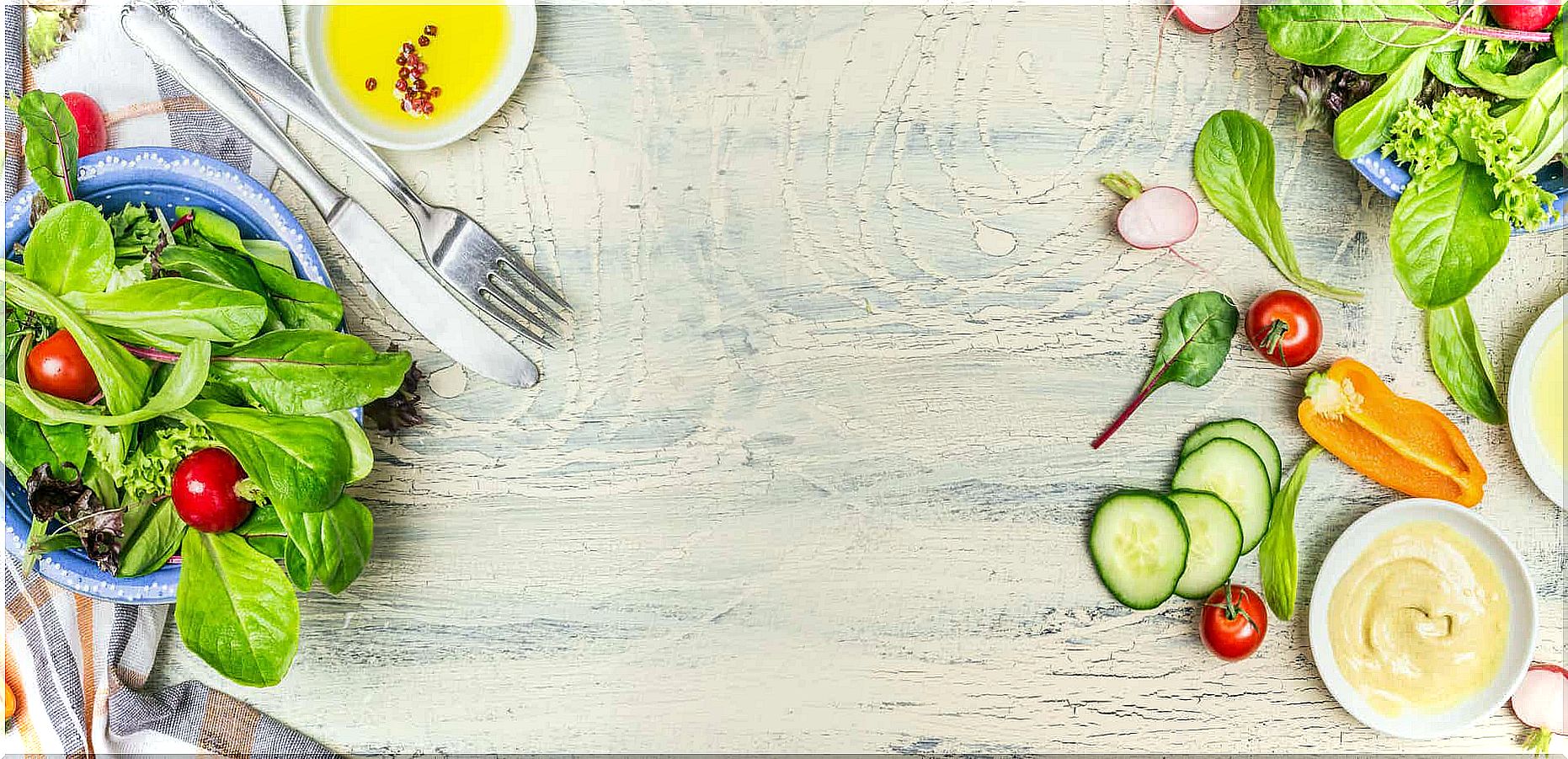
Eating raw fruits and vegetables is essential for the health of the entire body and therefore for general well-being. The reason? They provide various nutrients, water, fiber and enzymes that we lose from cooking and that are essential to the body’s cleansing process.
Therefore, we recommend that you consume them raw whenever possible. Below, we show you the ideal vegetables for bladder and kidney care.
- Asparagus: refreshing and rich in water and fiber, these foods have diuretic properties that stimulate the functioning of the kidneys, eliminating toxins and stimulating the evacuation of urine.
- Spinach: Rich in minerals and vitamins that not only nourish the body, but also aid in detoxification processes, including cleansing the kidney system.
- Celery: it is a perfect food for salads or even to be consumed as an infusion. It is diuretic and rich in minerals.
- Beetroot: rich in various vitamins and minerals, in addition to water and fiber. Therefore, it is considered an excellent detoxifier of the kidneys.
- White beans: Provide carbohydrates, fiber, and many excellent nutrients for the kidneys.
It is important to emphasize that these foods must always be included in a balanced diet. They should never be consumed exclusively, as this can lead to decompensation of the body.
Betting on real food, minimizing the consumption of saturated and ultra-processed fats in general, maintaining a moderate consumption of salt and sugar, avoiding alcohol and following the doctor’s recommendations will help us to take care of our health in general, including the liver, kidneys and bladder.




